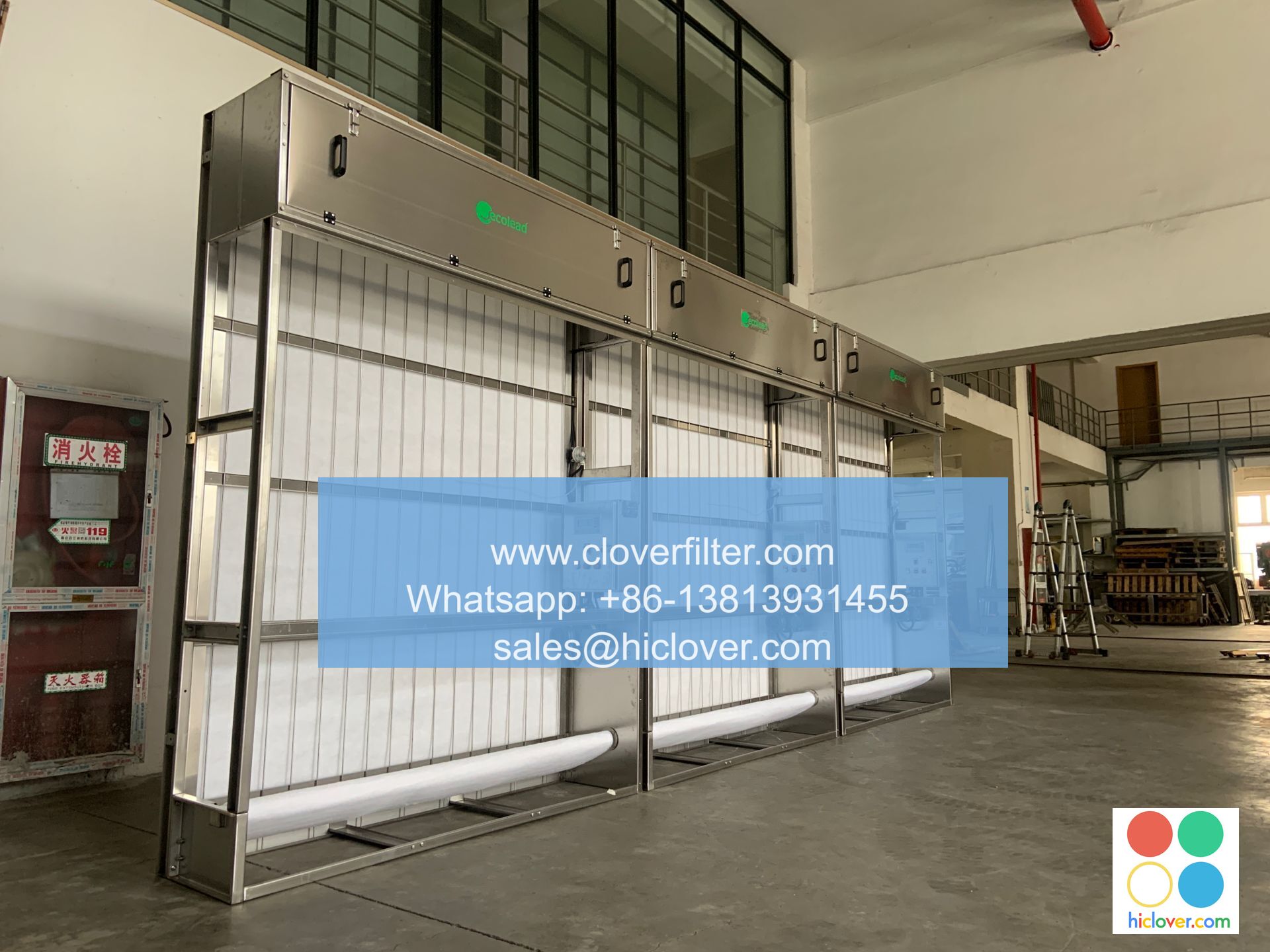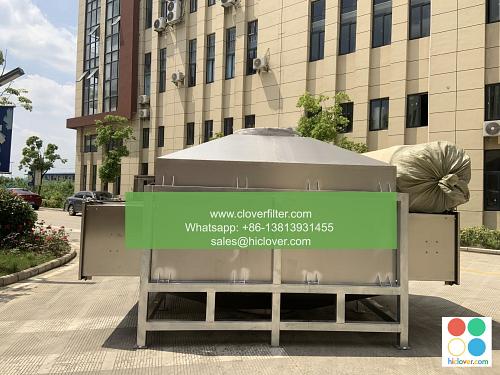Air Filter Cost and Budgeting

As the world becomes increasingly aware of the importance of indoor air quality and air pollution control, the demand for high-quality air filters has risen significantly. However, with the numerous options available in the market, it can be challenging to determine the air filter cost and create a suitable budgeting plan. In this article, we will delve into the world of air filtration systems and explore the various factors that affect air filter pricing, as well as provide tips on budgeting for air filters in different application areas.
Types of Air Filters and Their Costs
There are several types of air filters available, each with its unique characteristics, benefits, and price points. Some of the most common types of air filters include:
* HEPA (High Efficiency Particulate Air) filters: These filters are known for their high efficiency in capturing tiny particles and allergens, making them a popular choice for residential and commercial air purification systems. The cost of HEPA filters can range from $10 to $50, depending on the size and quality.
* Activated Carbon filters: These filters are designed to capture odors and gases, making them ideal for industrial air filtration systems. The cost of Activated Carbon filters can range from $20 to $100, depending on the size and quality.
* UV (Ultraviolet) filters: These filters use ultraviolet light to kill bacteria and viruses, making them a popular choice for healthcare facilities and food processing industries. The cost of UV filters can range from $50 to $200, depending on the size and quality.
Factors Affecting Air Filter Cost
Several factors can affect the air filter cost, including:
* Filter size: Larger filters tend to be more expensive than smaller ones.
* Filter quality: High-quality filters with advanced features, such as HEPA or Activated Carbon, tend to be more expensive than basic filters.
* Brand reputation: Filters from well-known brands tend to be more expensive than those from lesser-known brands.
* Application area: Filters designed for specific application areas, such as industrial or healthcare, tend to be more expensive than those designed for general use.
Budgeting for Air Filters
To create a suitable budgeting plan for air filters, it’s essential to consider the following factors:
* Initial cost: Calculate the initial cost of purchasing the air filter, including the cost of the filter itself, as well as any additional components, such as housings or mounting hardware.
* Replacement cost: Calculate the cost of replacing the air filter over time, including the cost of new filters, as well as any labor costs associated with replacement.
* Energy costs: Calculate the energy costs associated with operating the air filtration system, including the cost of electricity, as well as any maintenance costs.
* Maintenance costs: Calculate the maintenance costs associated with the air filtration system, including the cost of cleaning, replacing, or upgrading components.
Application Areas for Air Filters
Air filters have a wide range of application areas, including:
* Residential air purification systems: Designed to improve indoor air quality in homes and apartments.
* Commercial air purification systems: Designed to improve indoor air quality in offices, restaurants, and other commercial spaces.
* Industrial air filtration systems: Designed to improve air quality in industrial settings, such as factories and manufacturing facilities.
* Healthcare facilities: Designed to improve air quality in hospitals, clinics, and other healthcare settings.
* Food processing industries: Designed to improve air quality in food processing facilities, such as bakeries, dairies, and meat processing plants.
In conclusion, the air filter cost and budgeting plan will depend on various factors, including the type of air filter, filter size, filter quality, and application area. By considering these factors and creating a comprehensive budgeting plan, you can ensure that your air filtration system operates efficiently and effectively, providing you with clean and healthy air for years to come. It seems like you’re ready to start a conversation or ask a question, but you haven’t provided a specific prompt yet. Could you please provide more details or specify what you’re interested in discussing? I’m here to help with a wide range of topics, from science and history to entertainment and more.

